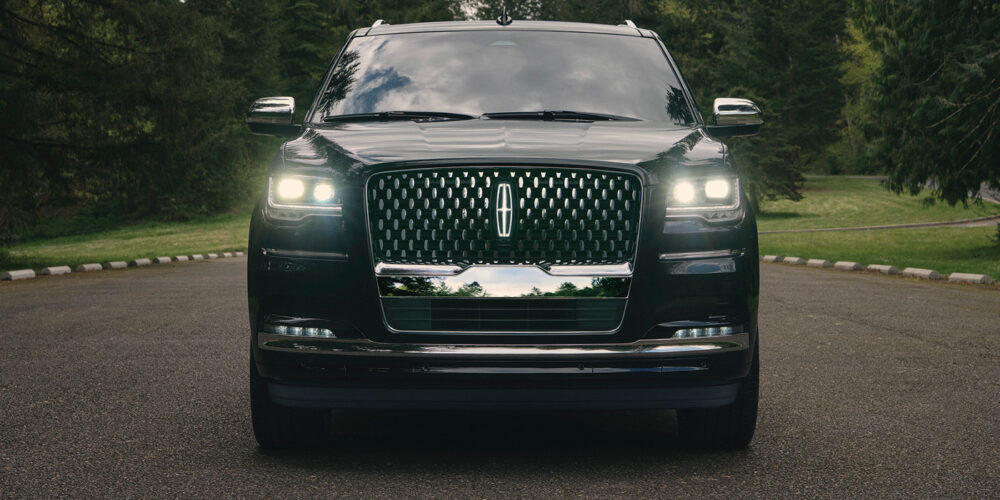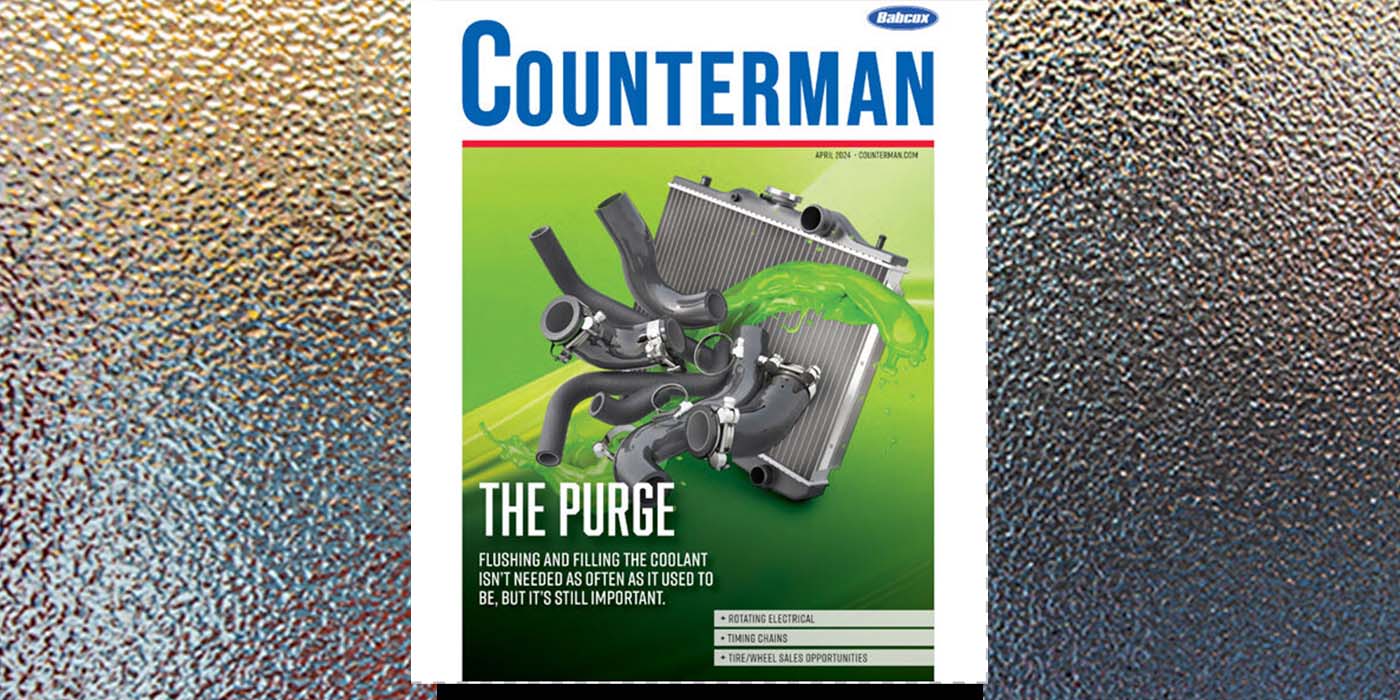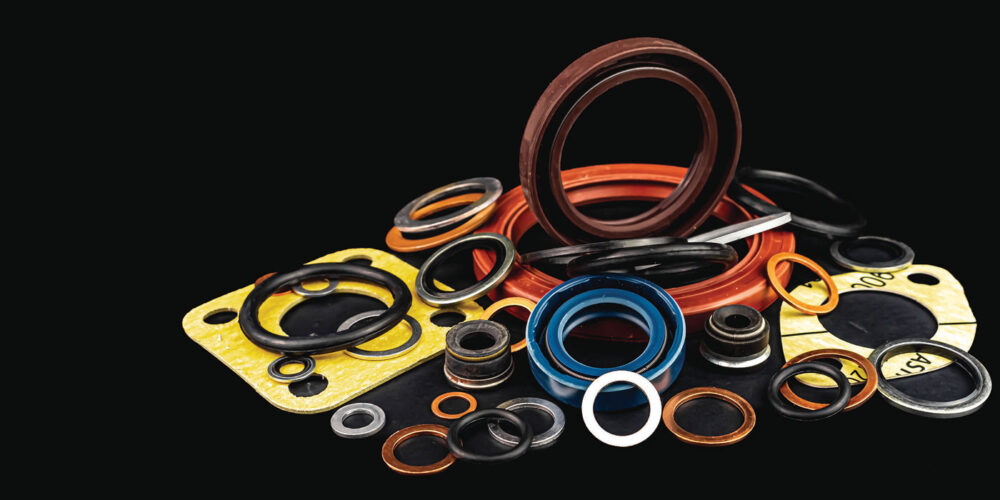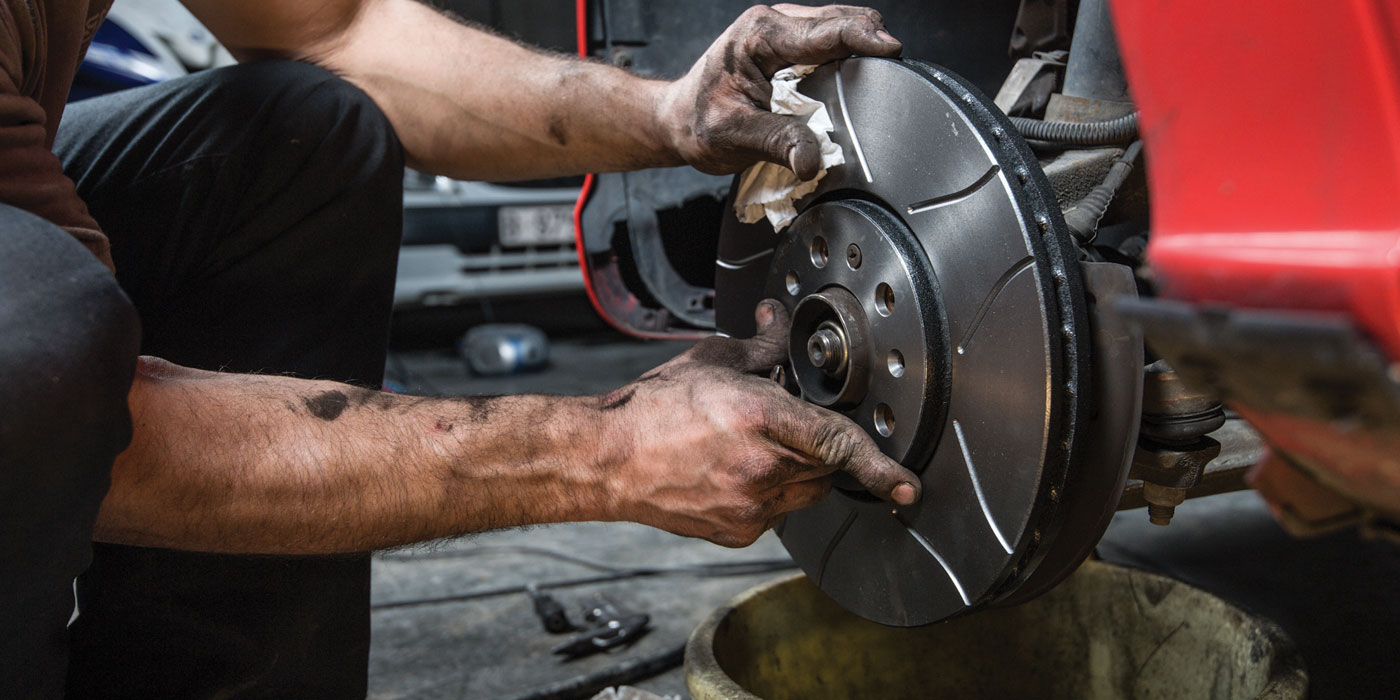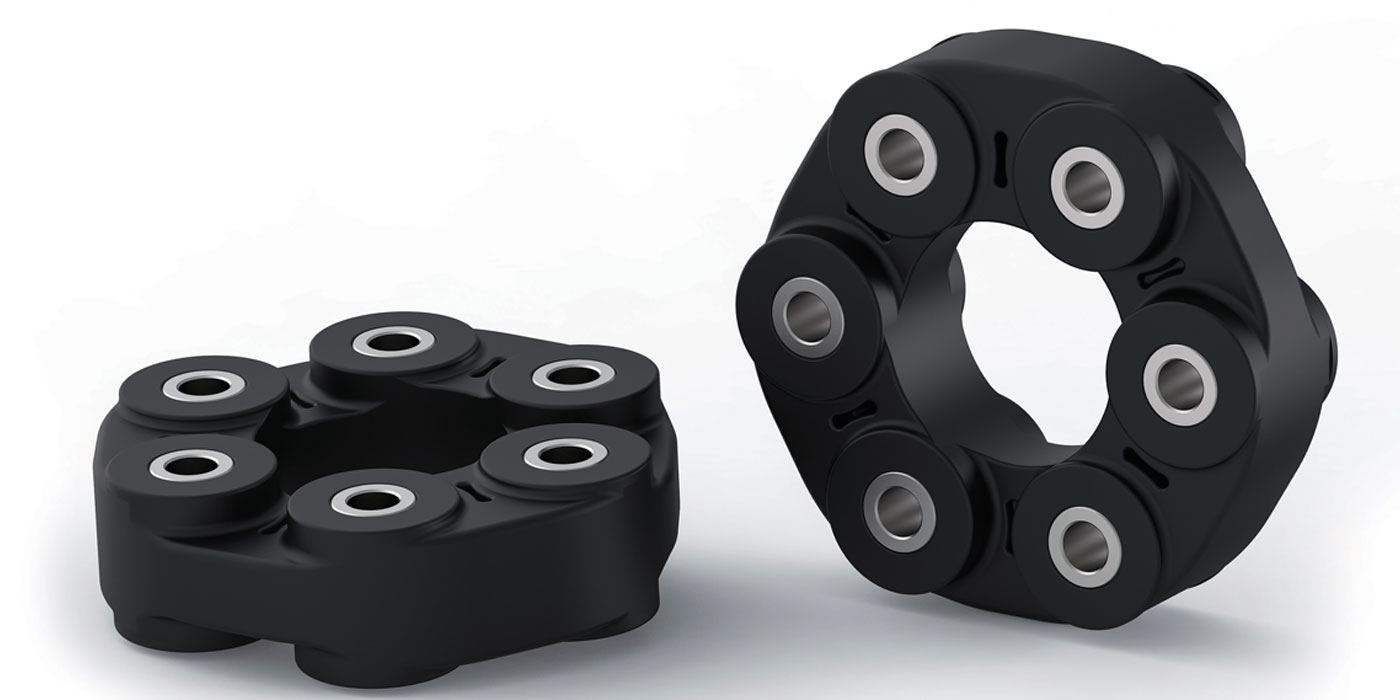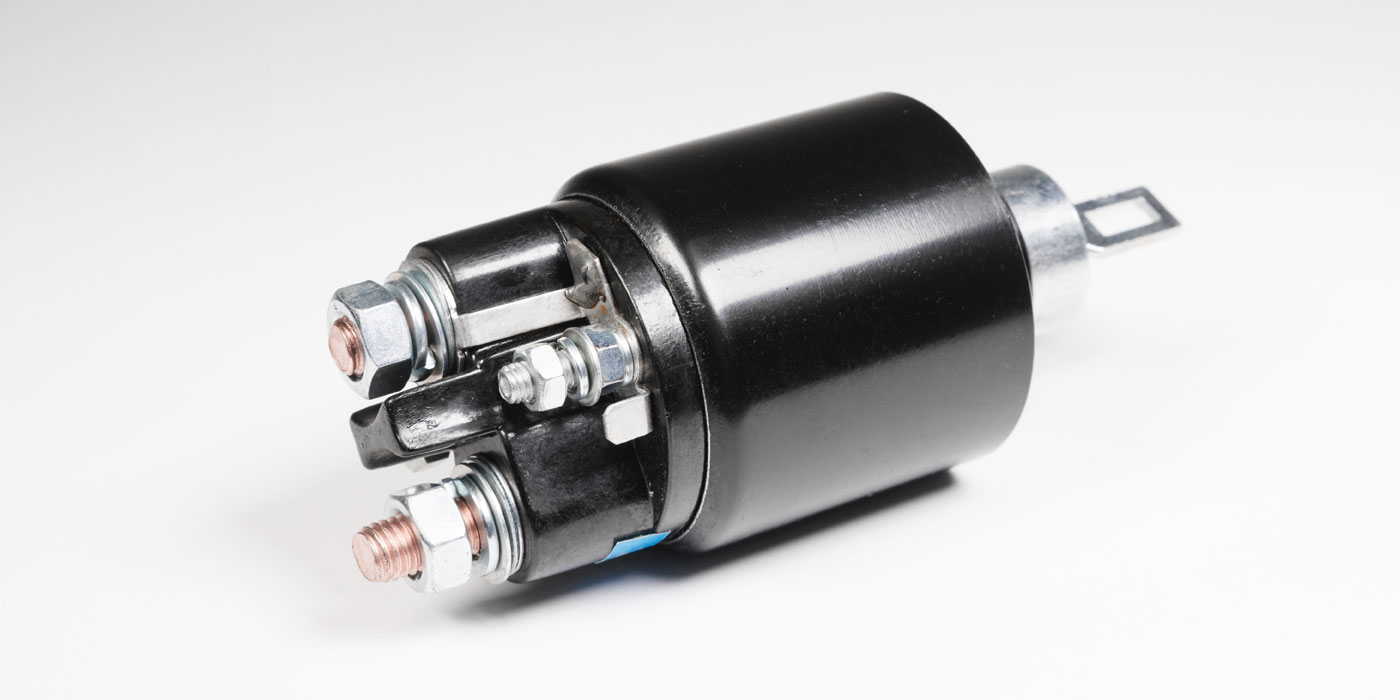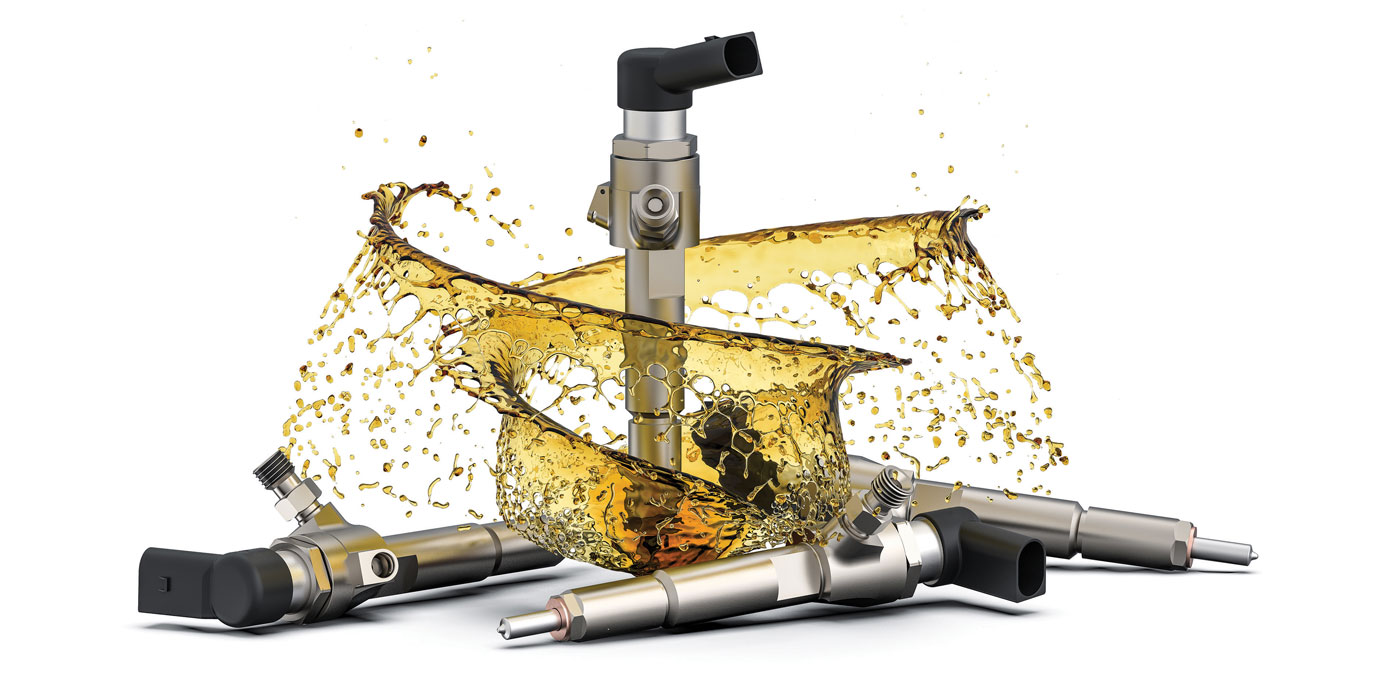Platform-sharing” and “badge engineering” are terms often used to describe the common industry practice of developing multiple vehicle models from a common design. The economy of a single design underpinning multiple vehicles allows manufacturers to streamline the development process, and to provide the buyer with options across their base, mid-line and luxury divisions. Much of this “twinning” occurs within a manufacturer’s “family” of brands, but cooperating with rival manufacturers already well-established in a market allows the manufacturer to produce vehicles outside their wheelhouse.
Ford Motor Co. has a long history of platform-sharing among its Ford, Lincoln and Mercury divisions, in addition to several collaborations with outside OEMs. As a global company for more than 100 years, Ford’s U.S. arm also has benefitted from the engineering of its European, Australian and Asian divisions.
Since its establishment in 1939, Mercury was positioned as Ford’s mid-range division, filling the price gap between the Fords and Lincolns. Mercury served this role until 2010, when the division was shuttered. The last Mercury rolled off the assembly line in January 2011. That final Grand Marquis had shared the Panther platform with the Ford Crown Victoria and the Lincoln Town Car – two models that also would be discontinued later that year. Prior to its closure, Mercury also had offered mid-range versions of the Mustang (Capri), Taurus (Sable), Escape (Mariner) and Explorer (Mountaineer).
Rebadging the Explorer has been a cottage industry for Ford. In addition to the Mountaineer, Lincoln offered the Aviator from 2003 to 2005, the MKT from 2010 to 2019 and the Aviator again beginning in 2020 (now based on the latest Explorer CD6 platform). After prior collaborations on Ford’s Courier and Ranger pickups, Mazda also was an early adopter of the first-generation Explorer platform. The Mazda Navajo was built alongside the Explorer in Louisville, Kentucky, from 1991 to 1994. Mazda and Ford later would co-develop the Tribute and Escape for 2001.
This kind of sharing hasn’t always been the case at Ford. At the end of World War II, Ford of Canada divided up its dealer networks, establishing standalone “Ford” or “Lincoln-Mercury” dealers throughout Canada. An unforeseen outcome of this separation was that the Lincoln-Mercury dealers did not have economy models or trucks. In 1947, these dealers received the first of the “M-series” trucks, which essentially were re-badged F-series Fords. A budget line of “Meteor” passenger cars was introduced in 1949. Ford dealers received the “Monarch” line of mid-priced vehicles to fill the gap in their own lineups. This arrangement continued until the 1960s, when tariffs on vehicle trade across our northern border were eliminated.
Mercury trucks were never sold in the United States, but in 1993, Mercury buyers were offered their first minivan, the Villager. This actually was a joint venture between Ford and Nissan, with Nissan-badged versions carrying the Quest nameplate. The Villager was assembled by Ford, but featured a 3-liter Nissan FWD drivetrain. It later would be replaced by the Windstar, which had no equivalent Mercury companion model at the time. The Windstar was renamed the Freestar for 2004, and regained a Mercury companion in the Monterey.
Lincoln, founded in 1917 and purchased by Ford in 1922, still represents Ford’s luxury division. Long known for large cars like the Continental and the Town Car, Lincoln in 2021 transitioned exclusively to crossover and SUV platforms. Lincoln had even tried its hand at pickup trucks, with the 2002 Blackwood, and the 2006-2008 Mark LT. Both were rebranded luxury versions of the F-150 crew cab platform.
In 2007, Lincoln adopted a new model-naming convention, playing on the heritage of the “Mark-series” nameplate used through 1998. The MKX and MKZ were the first of these, with the MKZ sedan being the Lincoln version of the Ford Fusion and Mercury Milan, and the MKX being a Ford Edge-based crossover (“X”-over). Originally intended to be spoken as “Mark-X” and “Mark-Z,” both vehicles were produced on the same CD3 platform originally developed for the Mazda 6. The MKS sedan (based on the Taurus) and the full-size Explorer-based MKT followed in 2009 and 2010, respectively.
In 2015, the MKC compact crossover was introduced, built on the Escape platform. Lincoln has since dropped the “MK” designations in favor of proper names for its crossover and SUV lineup, which is a relief to anyone who has misheard or misspoken these similar-sounding model names while looking up parts!
Ford-Lincoln-Mercury (FLM) dealerships once were a common sight here, with all three divisions available in one location. But, after a decade without Mercury, Ford-Lincoln dealers are fracturing yet again. In 2019, Lincoln began an initiative to develop standalone Lincoln dealerships to market more exclusively to the upscale clientele of the luxury-car market. Targeting 30 U.S. metro areas, Lincoln-only showrooms have already opened in half of the roughly 150 planned locations. Sales are up at these dealerships, but they still don’t have pickup trucks!

